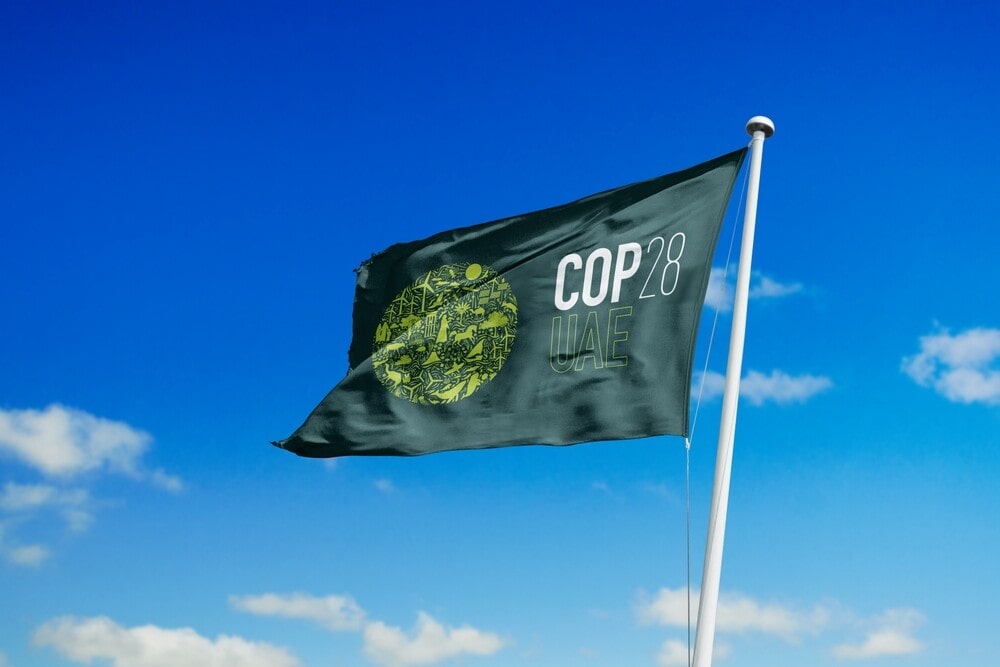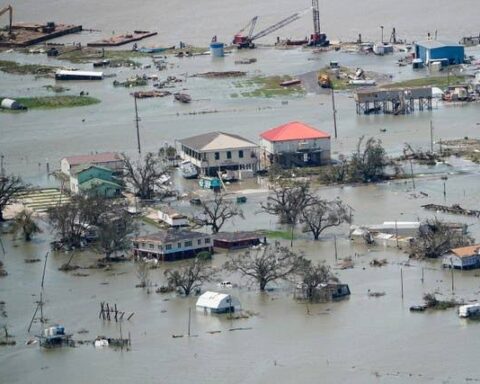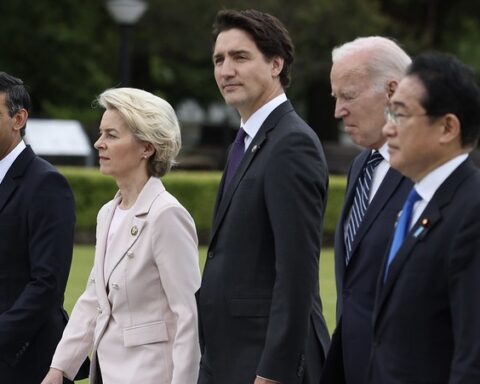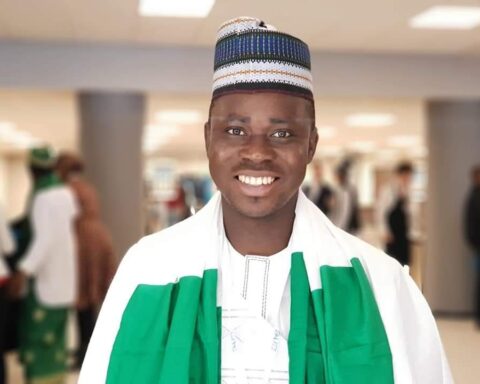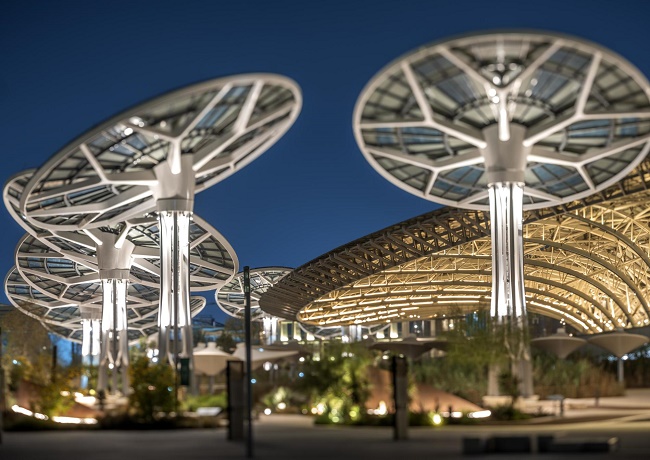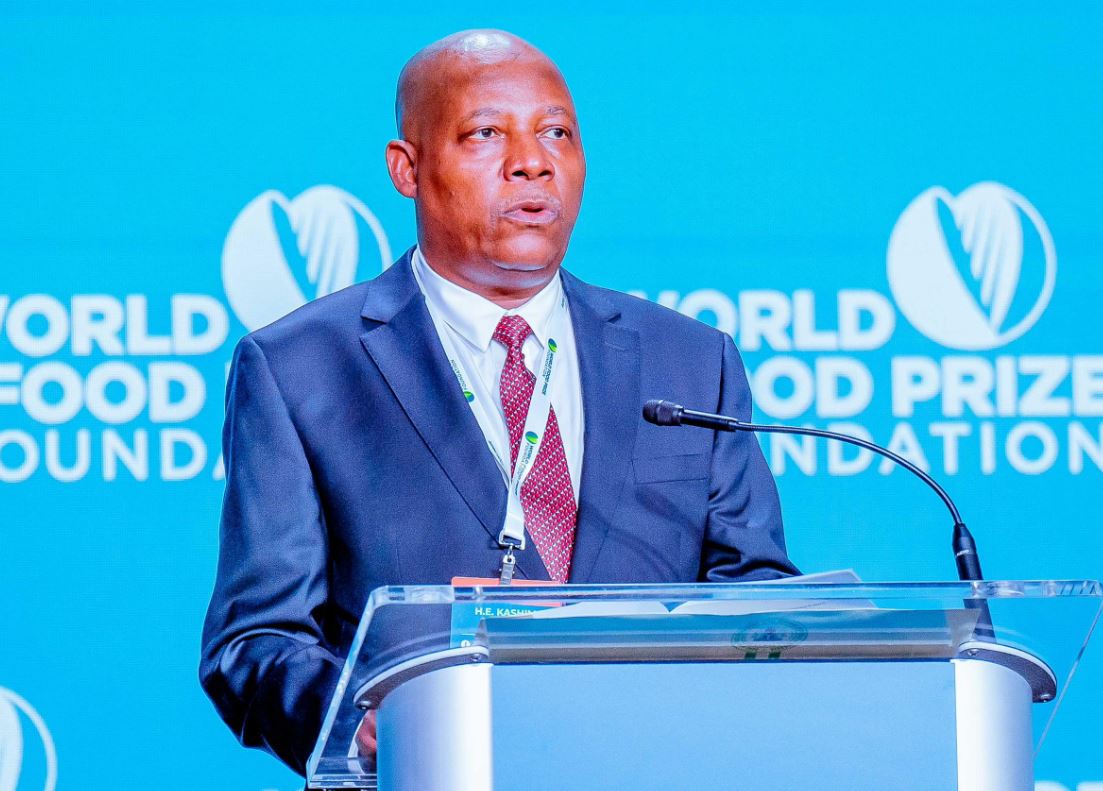As the world’s leaders converge on Dubai for the 28th Conference of Parties (COP 28), taking place at the expo city, in the United Arab Emirates from November 30 – December 12 2023.
The spotlight is firmly on nations of the global south to initiate dynamic, sustainable changes in three crucial arenas: fossil fuel dependency, food and land use systems, and adaptation to climate change and damage mitigation.
The urgent need to transition from fossil fuels to renewable energy forms the crux of the climate change discussion.
Global South nations, despite contributing minimally to greenhouse emissions historically, are under immense pressure to redesign their energy policies.
The challenges, however, are manifold. Many of these nations face financial constraints, infrastructural deficits, and a lack of technology that could impede a swift transition.
Nonetheless, the potential rewards – lowered emission rates, energy independence, and job creation in green industries make this an opportunity the Global South cannot afford to miss.
A major theme at COP 28 is the transformation of food and land use systems. Agriculture plays a pivotal role in the economies of these countries.
Existing practices, however, contribute significantly to deforestation, biodiversity loss, and greenhouse gas emissions.
The need of the hour is to adopt sustainable farming practices that not only reduce environmental damage but also ensure food security.
With initiatives like agroforestry, permaculture, and organic farming gaining traction, the shift towards a greener agriculture system seems plausible.
The protection and restoration of forests, integral to this transformation, also offer enormous carbon sequestration potential, further helping to mitigate climate change.
The third key area of focus is advancing action on adaptation and loss and damage. Climate change is not a future threat for the global south; it is a present reality.
Rising sea levels, extreme weather events, and changing rainfall patterns are already causing widespread devastation. These countries need to develop and implement robust adaptation strategies to combat the adverse effects of climate change.
Loss and damage, a concept recognizing the limits of adaptation and the need for support when harmful impacts occur, is also emerging as a critical component in climate negotiations.
However, the provision of adequate finance and technology for such measures remains a contentious issue.
The COP 28 is thus a milestone event for the nations of the global south. The outcomes of this conference will shape their paths towards achieving sustainable development goals and their role in the global fight against climate change.
While the challenges are significant, so are the opportunities. The transition away from fossil fuels can pave the way for energy independence and economic growth.
Transformations in food and land use systems can ensure food security and biodiversity preservation, while measures on adaptation and loss and damage can safeguard vulnerable populations against the brunt of climate change.
The task that lies ahead is monumental. International cooperation, financial support from developed nations, and sharing of technological resources are crucial to enabling the global south to meet these goals.
As the world watches, the decisions made at COP 28 will be instrumental in shaping a sustainable and resilient future for these nations and, indeed, for the entire planet. The time for action is now.
By Dare Akogun


